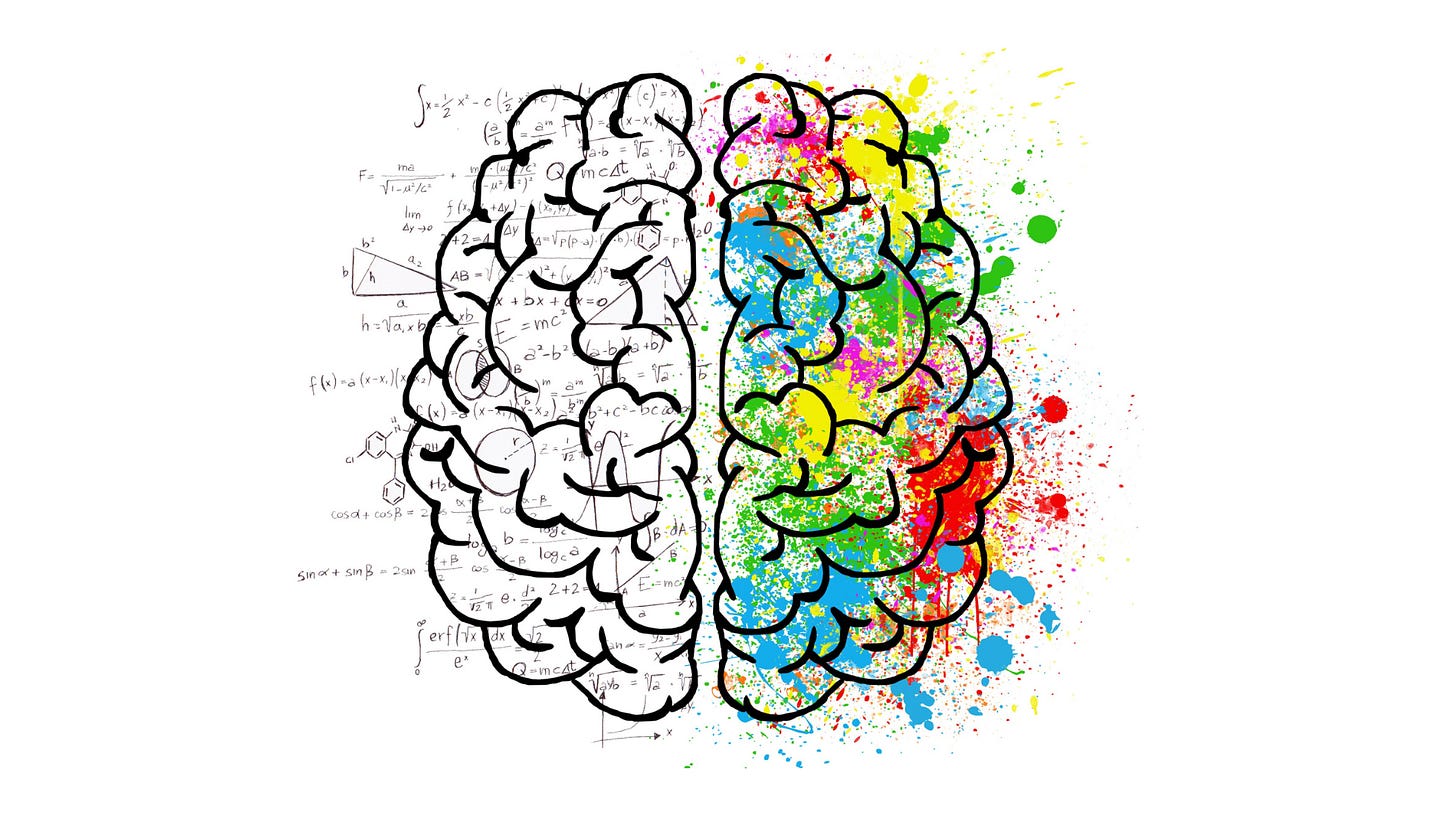A Game-Changer for Science
DeepMind’s AlphaFold3 Code Now Available for Research
In a long-awaited move, Google DeepMind has just opened the gates to its latest groundbreaking AI tool for protein prediction, AlphaFold3, making the full code accessible to researchers around the world. After a six-month wait that stirred up quite a bit of controversy, scientists now have direct access to the software that promises to push the frontier…


